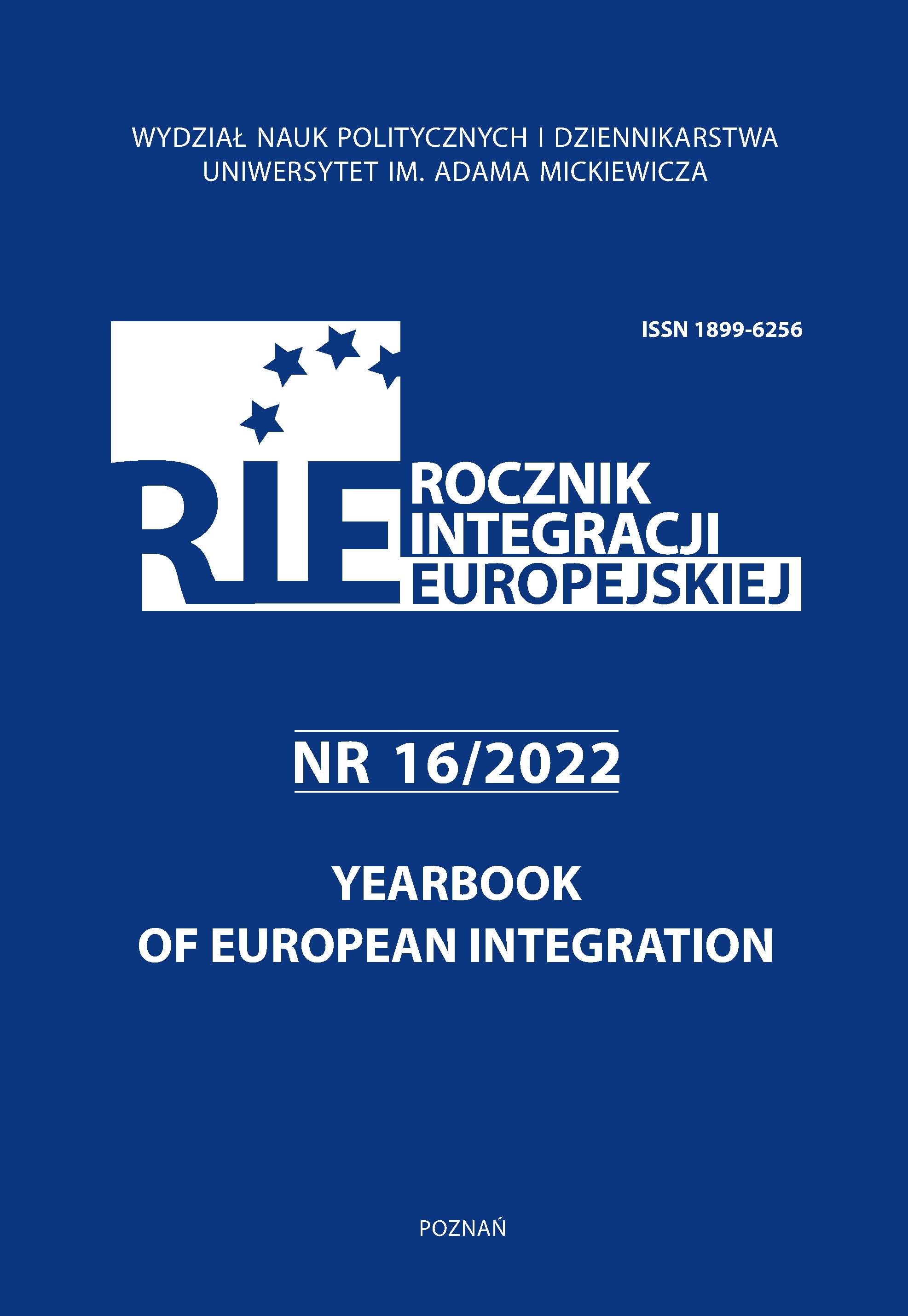Jean Grondin i aktualność jego perspektywy hermeneutycznej dla Europy i świata
Jean Grondin and the relevance of his hermeneutical perspective for Europe and beyond
Author(s): Tomasz R. SzymczyńskiSubject(s): Politics / Political Sciences, EU-Approach / EU-Accession / EU-Development
Published by: Uniwersytet Adama Mickiewicza
Keywords: Jean Grondin; Hans-Georg Gadamer; philosophical hermeneutics; relativism; Europe and the world; hermeneutics of multilinguisticality
Summary/Abstract: Europe and the world, particularly in recent times, are encountering again events and processes that would be difficult to justify in terms other than suffering. Such a state of affairs provokes the formulation of questions about the meaning of existence inscribed in such circumstances. In this context, Jean Grondin, starting from the assumptions of Hans-Georg Gadamer and his philosophical hermeneutics, argues that instead of accepting the supposition of relativism, which carries a number of far-reaching consequences for our understanding of the world, we should return to the position present at the sources of Western culture that reasonable considerations about the existence of man can be reflected only within the clearly defined boundaries of it, because only then we have a chance to find an appropriate measure in relation to how to define our place and its meaning. Grondin justifies his disagreement with the assumption of relativism by drawing attention to the fundamental distinction between fragments and the whole of reality, and disregard of it he considers as an important reason for the popularity of that contemporary trend. On this basis, it appears that it is due to the lack of an adequate recognition of this challenge in the field of science and education that our social world seems to undergo dichotomous progressive radicalization. On the one hand, it becomes more and more mathematized, and on the other hand, the difficult art of practical wisdom is being degraded as a result of far-reaching politicization, in which an increasing gap becomes apparent between what is declared and what is factual. Whereas, the task of problematization of such conjunctures, which should be treated as one of the fundamental aims of the humanities and social sciences, is at times replaced only by careful documenting what as a result of the lack of such reflection is happening around us and with us.
Journal: Rocznik Integracji Europejskiej
- Issue Year: 2022
- Issue No: 16
- Page Range: 391-405
- Page Count: 15
- Language: Polish

